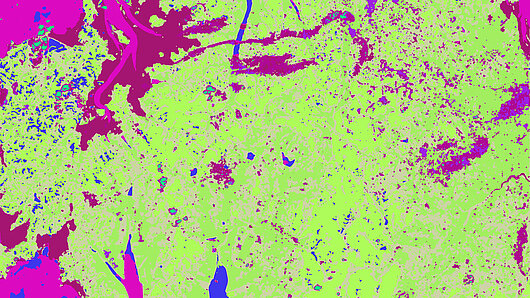High-Performance Computing Center Stuttgart

Artificial intelligence is rapidly emerging as a transformative technology that will affect science, engineering, industry, public administration, and many other sectors of society. At HLRS, we offer a powerful computing infrastructure and technical expertise that make it possible to explore the possibilities that artificial intelligence now offers. Our supercomputing capabilities support applications using generative AI, deep learning, large language models, and foundation models. Scientists in our Department of Converged Computing are also improving methods for integrating AI, simulation, cloud computing, and other advanced computing technologies in efficient workflows.